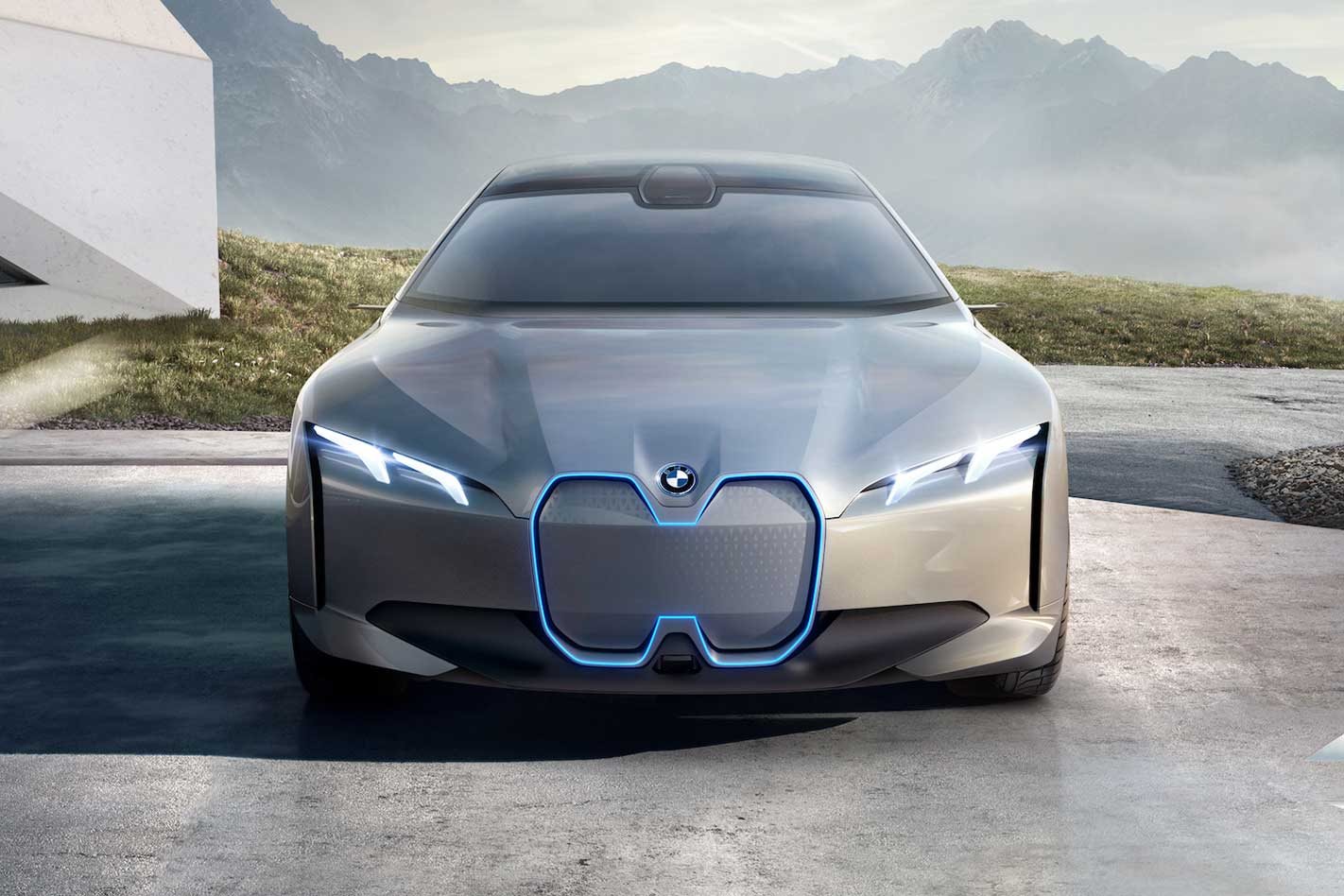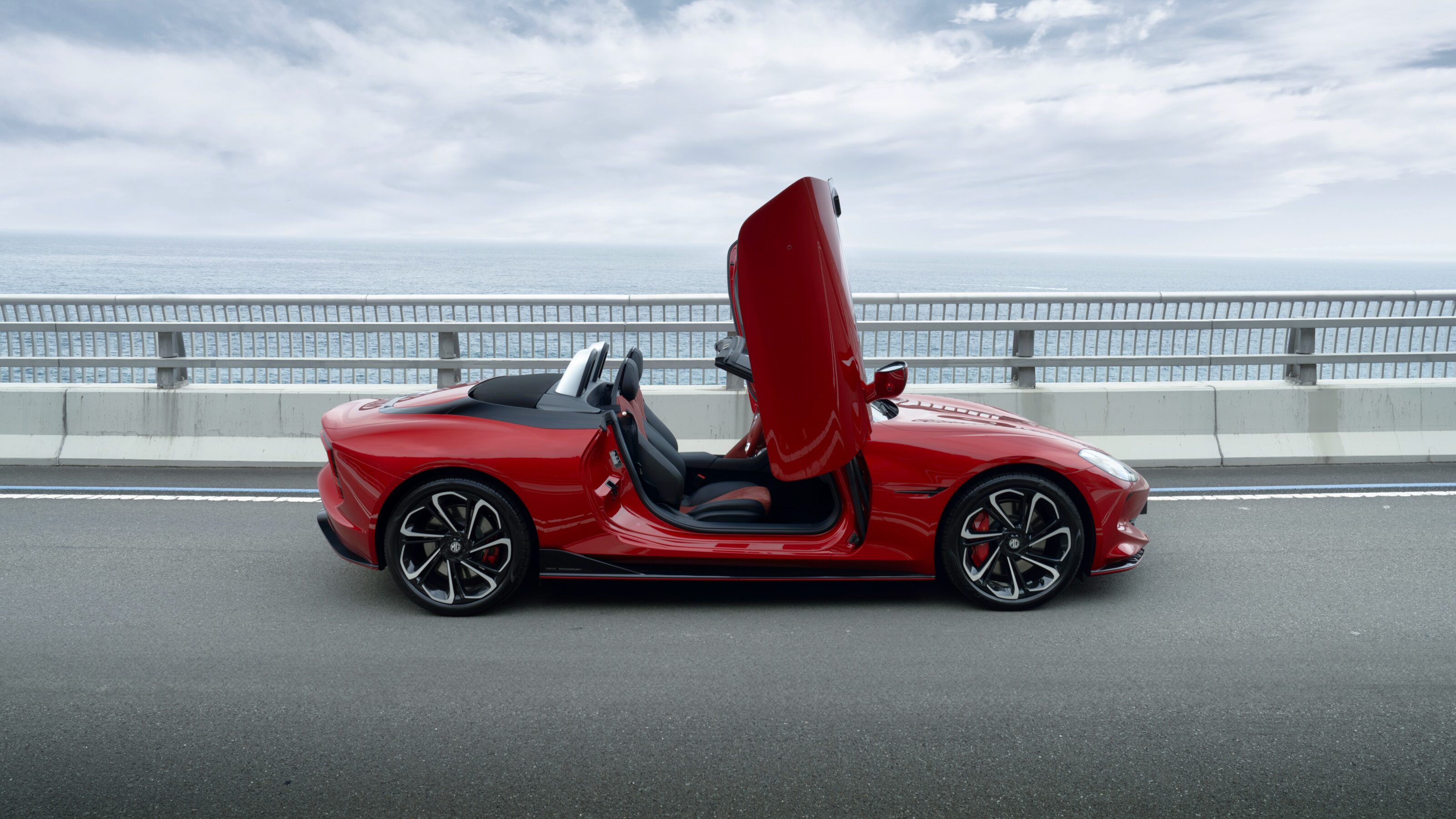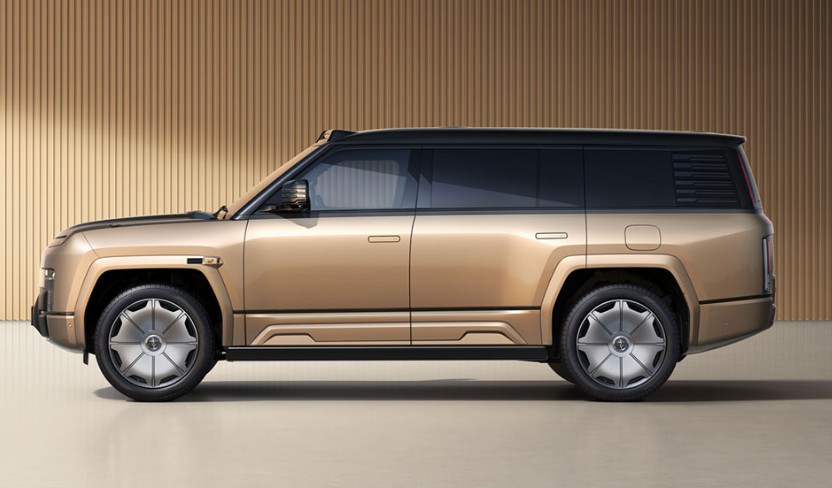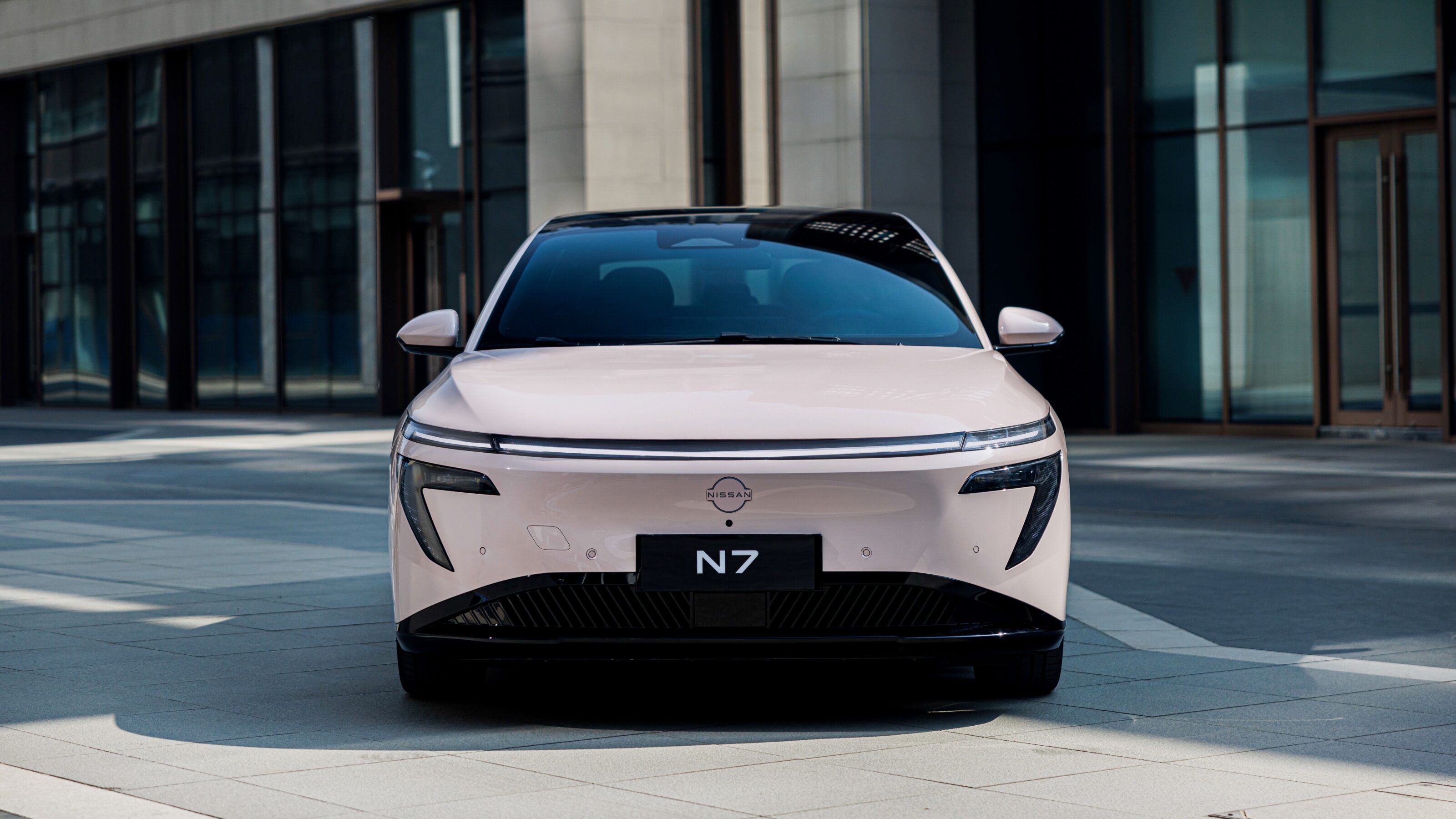Headlines around the world may have proclaimed Tesla as the star of electric vehicle (EV) performance, but an executive from its rival BMW i Division has pertinently pointed out that there is a world of difference between straight-line acceleration and handling.
Answering questions about why BMW i – which for the last five years has only sold the i3 EV and hybrid i8 Coupe – has not yet produced a challenger to Tesla, BMW i8 project manager Markus Pluntke states that batteries are not good enough to deliver sports-car handling.
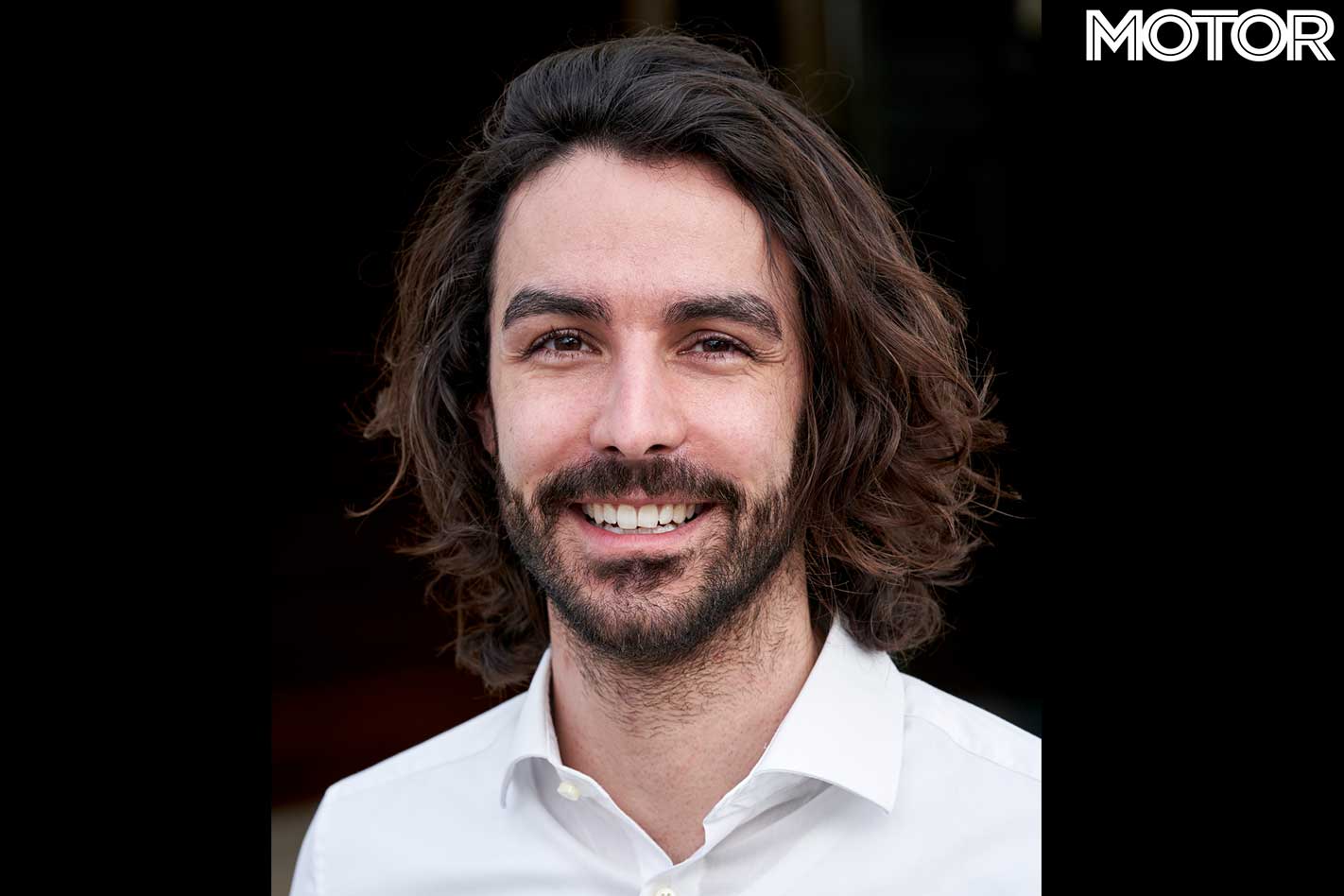
“You do not want to put an 800-to-900 kilogram battery pack into a sports car to get the power, and we don’t want a sports car that would be like limited to where the customer lives and maybe just to take it out of the garage, show it off a little and then bring it back,” he tells MOTOR at a recent BMW i event in Europe.
“I think the battery technology one day could be good to do a really proper sports car. But … it’s about weight, weight distribution, and the very stiff body [of i8].”
Where a 1.5-litre turbocharged three-cylinder/electric motor i8 Coupe weighs 1535kg, for example, the battery pack in the Model S P100D contributes to a hefty 2241kg kerb weight.
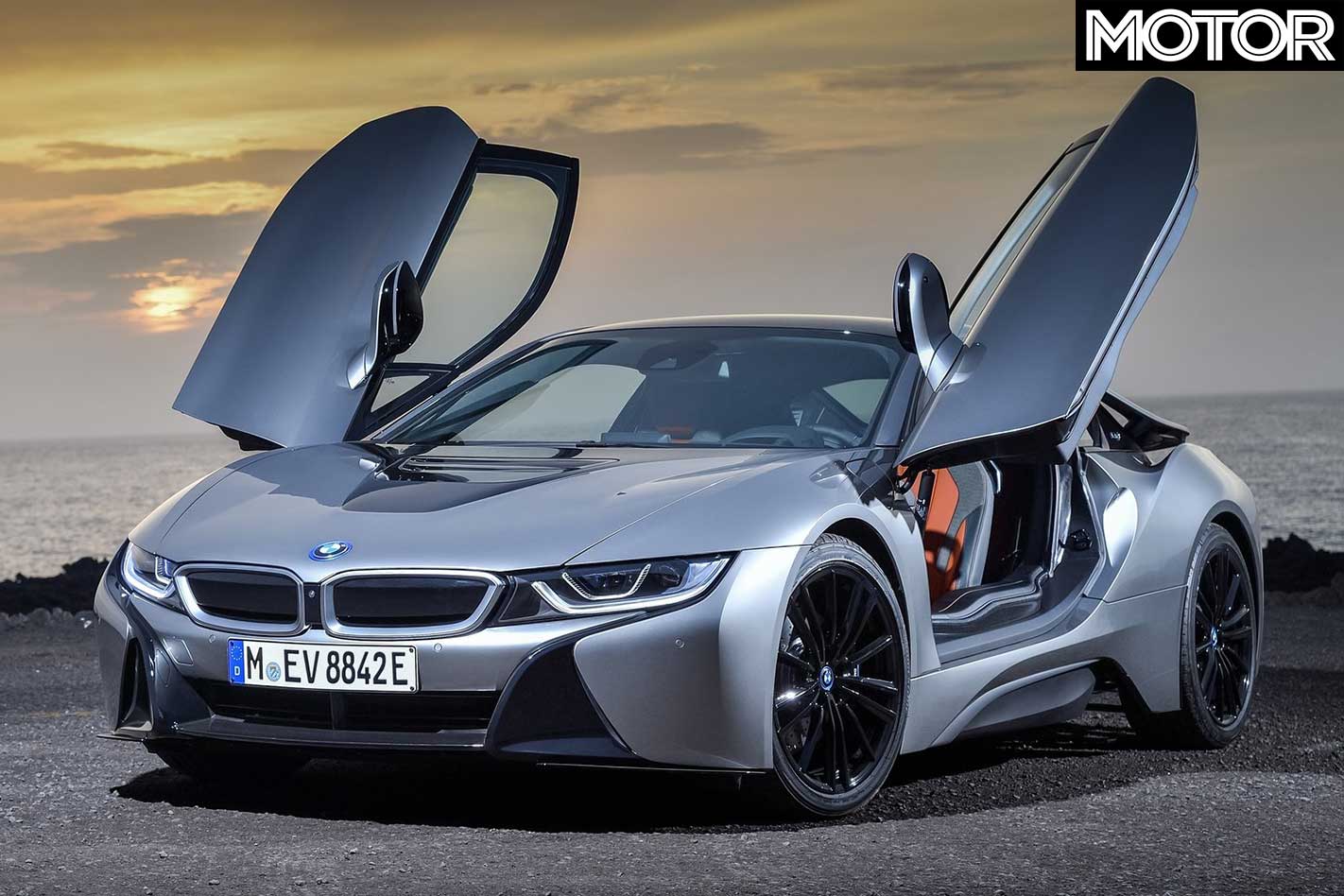
Plunkte promises, however, that “there will always be an electrified sports car by BMW” but that plug-in petrol-electric technology will still evolve for a long period of time from within the engineering halls of its Munich headquarters.
The ultimate goal, he reiterates, would have to be fast performance, long range and also a kerb weight figure that does not start with a ‘2’.
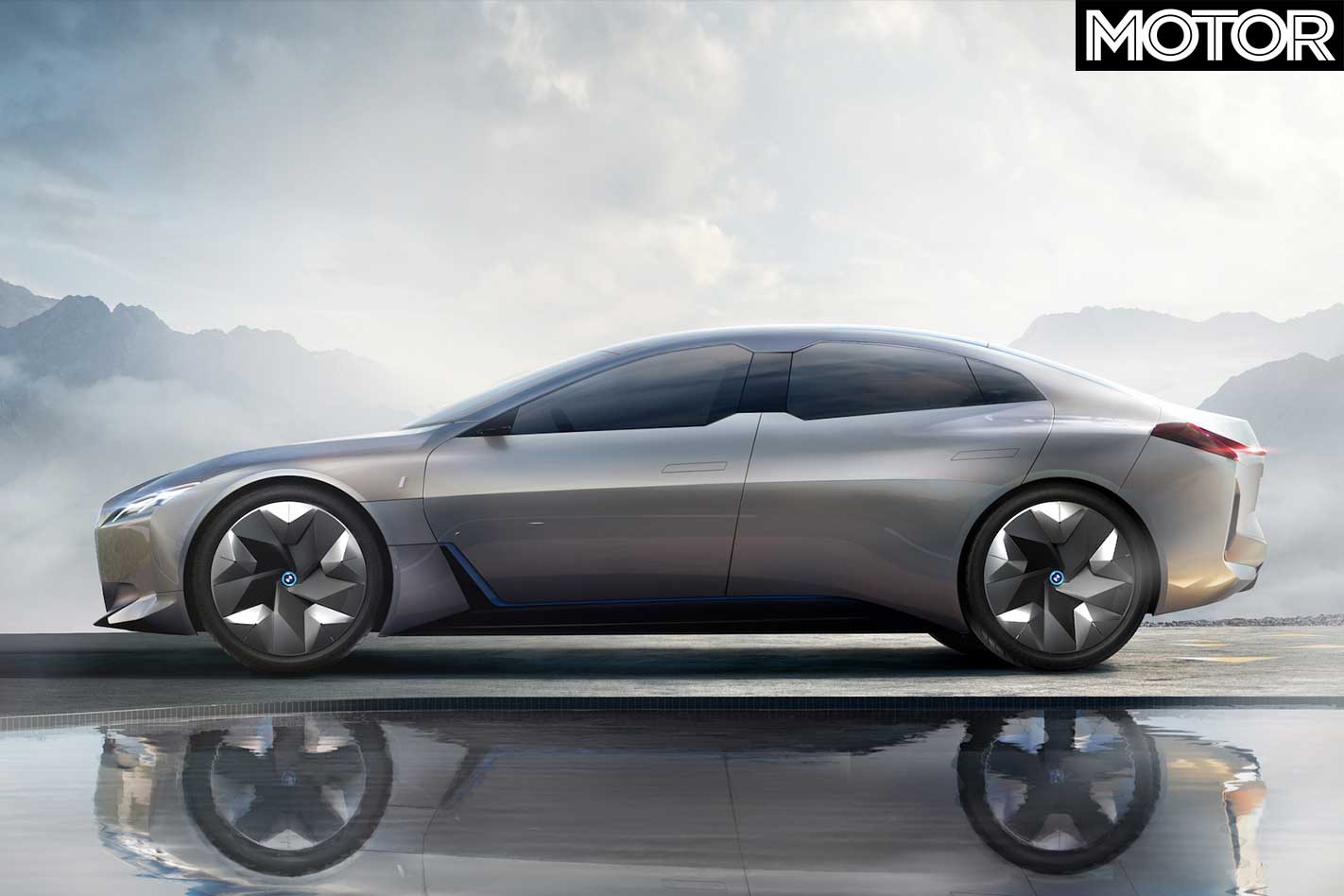
“Battery technology is evolving fast [and] I’m confident that there will be a day when you can do a pure electric sports car with enough range, with enough power and without having exceeded a two-tonne weight overall.
“[But] we will see when this technology moves to that point.”
BMW i Vision Dynamics medium liftback concept shown.

